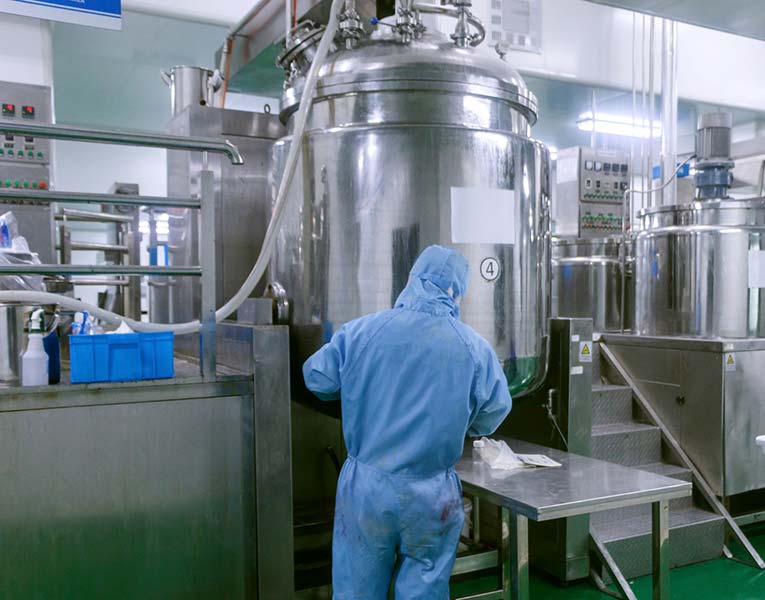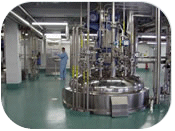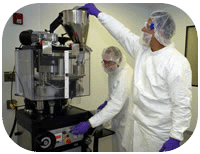
The Need: Part 11 Compliant Validation of an Automated Process Control System
Pharmaceutical companies must validate quality-affecting computerized systems in accordance with the FDA's ruling under 21 CFR Part 11. The high level of process control required for Good Manufacturing Practice compliance makes Automated Process Control Systems (APCS) one of the most critical applications of this requirement. Deaton Engineering performs validation services for computer systems and manufacturing equipment, and our work has repeatedly stood up to the scrutiny of FDA auditors. This case study was performed for a major pharmaceutical manufacturer headquartered in the US that specializes in the manufacture of sterile products.
The Challenge: Validate the Automated Process Control System of a New Autofiller System
Validate the automated process control system (APCS) of a high-volume packaging machine designed to form, fill, and seal bags containing a drug product solution. The APCS consisted of five Human-Machine Interfaces (HMIs), three Programmable Logic Controllers (PLCs), and an array of sensors to control the process. The machine was a new design for the customer, acquired to meet the production demands of a new product line. If successful, it would eliminate the need for three other processes used to produce similar products. The project presented a number of challenges. There was very little experience with the machine, so the technology would have to be fully reviewed and understood. In addition, the entire validation would have to be completed under a tight deadline for inclusion in a new drug application (NDA) filing.
The Solution: Validation Ready for FDA Review
 Deaton Engineering quickly developed a validation plan to identify the scope, responsibilities, strategy, and technical challenges for the project using our total quality approach to validation. Our engineering experts were able to review the entire system to assess potential risks and identify technical hurdles that might be encountered. Deaton Engineering worked with the customer to create a functional specification for the control system, a documented risk assessment to analyze potential hazards and existing mitigations, a design specification for the entire machine, and installation and operational qualification protocols. Each validation experiment was executed with minimal impact on client production. A validation report - prepared in accordance with the FDA's expectations for current Good Manufacturing Practices - was submitted to the customer detailing each experiment, its results and conclusions.
Deaton Engineering quickly developed a validation plan to identify the scope, responsibilities, strategy, and technical challenges for the project using our total quality approach to validation. Our engineering experts were able to review the entire system to assess potential risks and identify technical hurdles that might be encountered. Deaton Engineering worked with the customer to create a functional specification for the control system, a documented risk assessment to analyze potential hazards and existing mitigations, a design specification for the entire machine, and installation and operational qualification protocols. Each validation experiment was executed with minimal impact on client production. A validation report - prepared in accordance with the FDA's expectations for current Good Manufacturing Practices - was submitted to the customer detailing each experiment, its results and conclusions.



Engineering Highlights:
- Provided the professional knowledge base necessary to conduct a thorough risk assessment on a new technology
- Delivered validation services that have been proven to meet the FDA's expectations for GMP manufacturers.
- Report was reviewed in its entirety by the FDA without inquiries or comments.
- Project completed and report delivered in time for NDA submission.


